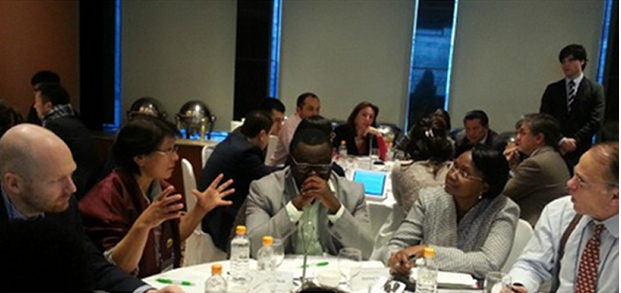For further information of The 2015 Seoul Debates: Lessons from Korea and Around the World
Corruption diagnostics are particularly important when it comes to evaluating anti-corruption policies. Policy evaluation is a complex exercise; it should contain an in-depth analysis of how the anti-corruption system has improved due to the policies implemented, as well as an assessment of the levels of corruption in given sectors/public services (since reducing corruption is the ultimate goal of the policies). Findings from the research activity should be used to set the baseline for future measurements, and the same diagnostic exercises and surveys should be repeated under similar conditions in order to obtain comparable results after the implementation of the policies. Due to various political and capacity constraints, this type of serios analysis is rarely implemented.

